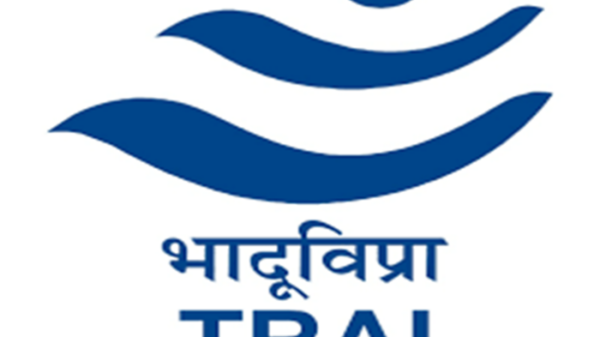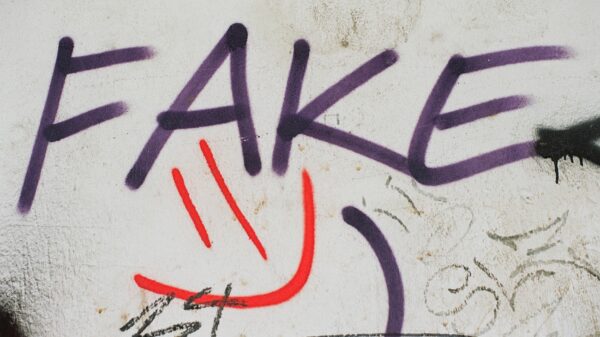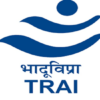MediaNama apologizes for some of the factual mistakes in an earlier version of this report. The United Nations passed a resolution which condemned measures to intentionally prevent or disrupt access to information online. But it needs to be noted that resolutions like these are non-binding but will put pressure on governments to recognize the the actions of digital rights activists, as indicated by The Verge. The resolution said that these measures are in violation of International human rights and called upon nations to cease them. (read the full resolution here). Contrary to many reports, India had not opposed the resolution, but had supported certain amendments put forward by China and the Russian Federation regarding the language used. Article 19, a rights advocacy group, points out that the Russian Federation and China sought to change language in the draft resolution which emphasized a "human rights-based" approach to Internet access. The resolution read: Stressing the importance of applying a comprehensive human rights-based approach when providing and expanding access to the Internet and for the Internet to be open, accessible and nurtured by multi-stakeholder participation While the amendments read: Stressing the importance of applying a comprehensive and integrated approach in providing and expanding access to the Internet and for the Internet to be open, accessible and nurtured by multi-stakeholder participation. The amendments can be read here, here and here. Bolivia, Burundi, China, Cuba, Ecuador, India, Indonesia, Kyrgyzstan, Qatar, Russian Federation, Saudi Arabia, South Africa, United Arab Emirates, Venezuela and Vietnam supported the amendments. (hat tip: Pranesh Prakash)…




























